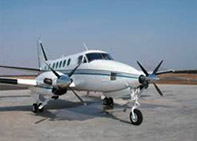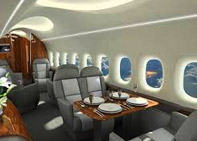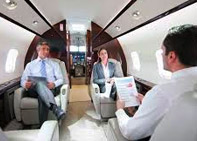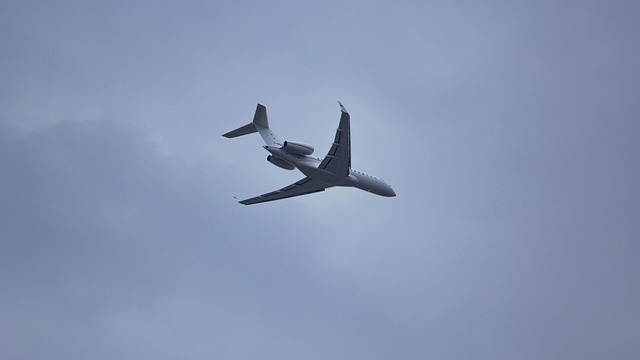We are all aware that aviation jet fuel contributes to global warming just as much as greenhouse gas emissions, if not more. With air travel becoming the singular mode of efficient International transportation, the airline industry has come up with a unique solution that could make air travel a zero-emission form of transportation; hydrogen-powered flight.
The aviation industry contributes to nearly 2.5% of total carbon emissions, which is why there has been a collective pledge to work on achieving net-zero emissions by 2050 as they combat an upsurge in air travel post-pandemic. While there has been consideration regarding the innovation of an all-electric powered flight, hydrogen could be cheaper without the hassle of battery issues.
Compared to jet fuel, hydrogen is lighter, which makes it perfect for packing large amounts on flights, but what would need to be considered is that it requires heavy tanks to be stored properly. ZeroAvia became the first largest flight to be powered using hydrogen fuel for air travel. The 19-seater, 228-propeller plane made history with the 10-minute test travel. This was also followed by Universal Hydrogen making a 15-minute test flight on a 40-seater plane in Washington.
From captured carbon dioxide to working with cooking oil, airlines are setting up bigger budgets to come up with more sustainable modes of travel. Delta Air Lines is working with Airbus to test hydrogen propulsion in one of its A380 superjumbo jets, while Universal Hydrogen includes a powerful list of partners from GE Aviation to Jet Blue and Toyota to research fuel alternatives. The current problem besides storage is making it low-cost for the industry as a whole.
This groundbreaking success could lead to the future of sustainable air travel, but it does come up with challenges of its own, including getting aircraft certification. It is one thing to take test flights but another to fly a commercial flight with passengers over short or long-haul distances. The future has potential, but it needs a lot of work!







